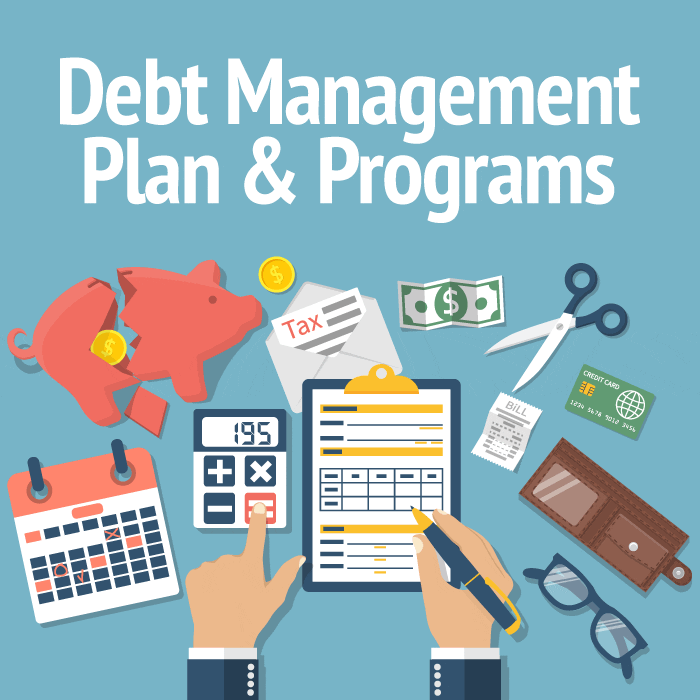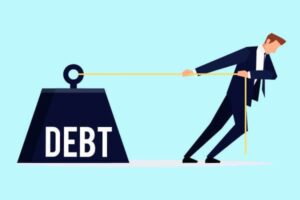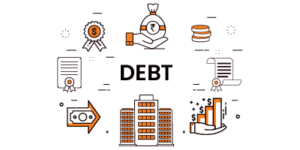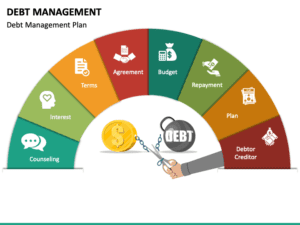1. Introduction
Debt can be a significant financial burden, impacting your financial well-being and future goals. However, with effective debt management and a structured repayment plan, you can regain control of your finances. In this guide, we’ll explore strategies and techniques to manage and repay your debts successfully.
2. Understanding Debt
Debt refers to money borrowed from a lender with the agreement to repay it over time, usually with interest. It can come in various forms, such as credit card debt, student loans, mortgages, personal loans, or auto loans. Understanding the different types of debt is crucial for developing a suitable repayment plan.
3. Assessing Your Debt Situation
Begin by assessing your debt situation. Compile a comprehensive list of all your debts, including the outstanding balances, interest rates, and minimum monthly payments. This assessment provides a clear overview of your debts and helps you prioritize your repayment efforts.
4. Types of Debt
Explore the different types of debt you have and their specific characteristics. Categorize your debts into secured (backed by collateral) and unsecured (not backed by collateral) debts. Understanding the nature of your debts will inform your repayment strategies.
5. Importance of Debt Management
Debt management is crucial for your financial well-being. It helps you avoid late payments, high-interest charges, and potential penalties. By effectively managing your debts, you can reduce financial stress, improve your credit score, and pave the way for a healthier financial future.
6. Creating a Debt Repayment Plan
Developing a debt repayment plan is essential to systematically pay off your debts. Start by listing your debts from the highest interest rate to the lowest. Decide on a repayment strategy that aligns with your financial goals and capabilities.
7. Debt Repayment Strategies
Explore different debt repayment strategies and choose the one that suits your situation:
- Debt Snowball Method: Start by paying off the smallest debt first while making minimum payments on other debts. Once the smallest debt is paid off, apply the amount to the next smallest debt, creating a snowball effect.
- Debt Avalanche Method: Focus on repaying debts with the highest interest rates first. Make minimum payments on other debts while allocating extra funds toward the debt with the highest interest rate.
- Debt Consolidation: Consider consolidating multiple debts into a single loan with a lower interest rate. This simplifies repayment and potentially reduces your overall interest payments.
8. Debt Consolidation
Debt consolidation involves combining multiple debts into a single loan or credit account. This can simplify your repayment process by consolidating multiple monthly payments into one and potentially lowering your interest rate. Evaluate the pros and cons of debt consolidation before making a decision.
9. Seeking Professional Help
If you’re overwhelmed with your debt situation, consider seeking professional help. Credit counseling agencies and financial advisors can provide guidance, negotiate with creditors, and help you create a manageable repayment plan.
10. Tips for Effective Debt Management
- Create a realistic budget: Develop a budget that allows you to allocate a sufficient amount of money toward debt repayment while covering your essential expenses.
- Minimize new debt: Avoid accumulating additional debt while repaying existing obligations. Practice mindful spending and focus on your financial goals.
- Negotiate with creditors: If you’re facing financial hardship, contact your creditors to explore options for lower interest rates, reduced payments, or extended repayment terms.
11. Staying Motivated
Repaying debt can be a challenging journey. Stay motivated by celebrating small victories, tracking your progress, and visualizing the financial freedom you’ll achieve. Surround yourself with a supportive network and seek encouragement during challenging times.
12. Conclusion
Taking control of your debts through effective debt management and repayment strategies is essential for financial stability and long-term success. By understanding your debts, creating a repayment plan, and exploring suitable strategies, you can overcome debt and pave the way for a brighter financial future.
13. FAQs
Q: Can I negotiate with creditors to reduce my debt?
A: Yes, you can negotiate with creditors to potentially reduce your debt, lower interest rates, or create a more manageable repayment plan. Contact your creditors directly or seek assistance from a credit counseling agency for guidance.
Q: Should I prioritize repaying high-interest debt first?
A: Yes, prioritizing high-interest debt helps minimize interest payments and accelerates your debt repayment progress. Focus on debts with the highest interest rates while making minimum payments on other debts.
Q: Is debt consolidation the right option for me?
A: Debt consolidation can be beneficial if it helps simplify your repayment process and lowers your overall interest rate. Consider the terms, fees, and impact on your credit score before deciding if debt consolidation is the right choice for you.
Regaining control over your debts is possible through effective debt management and a structured repayment plan. Start today, take charge of your financial future, and pave the way for a debt-free life.





